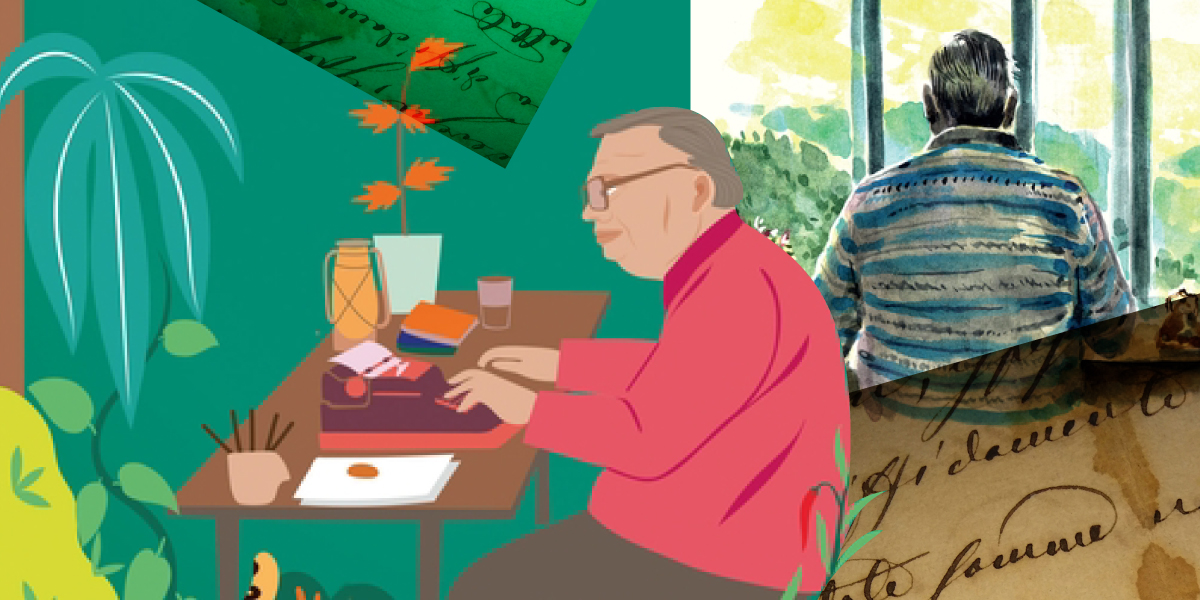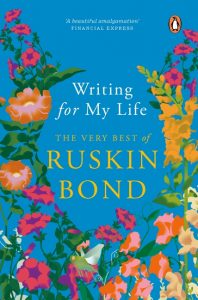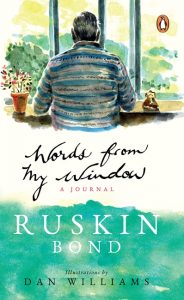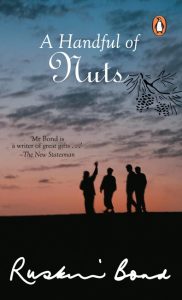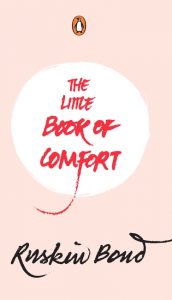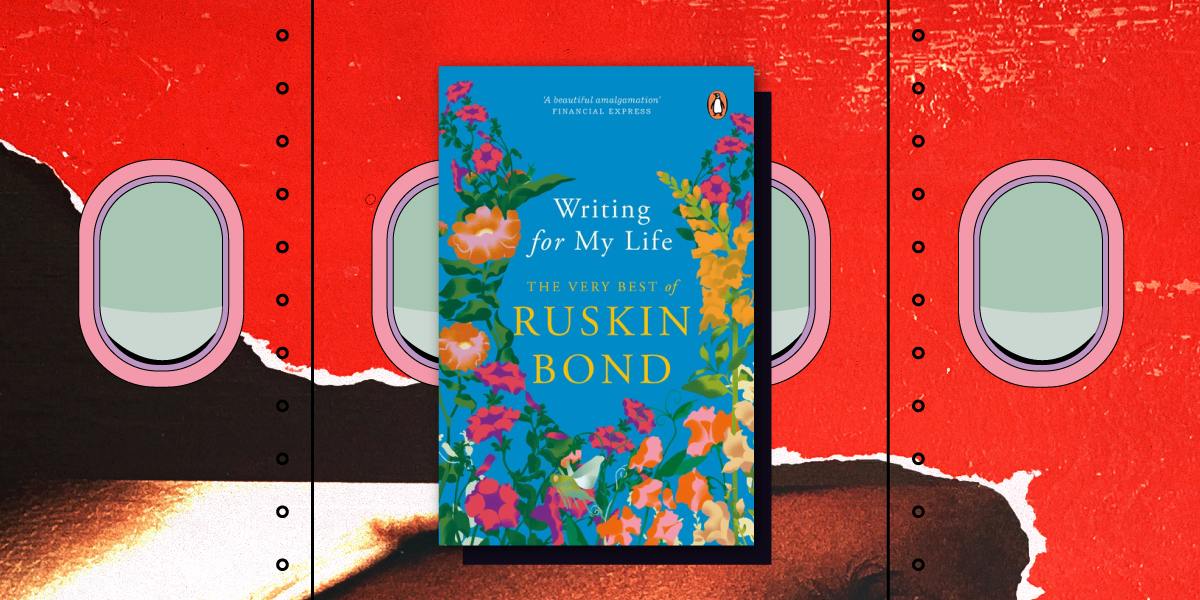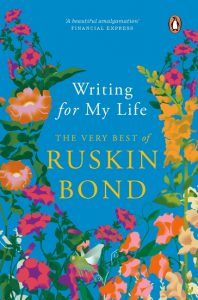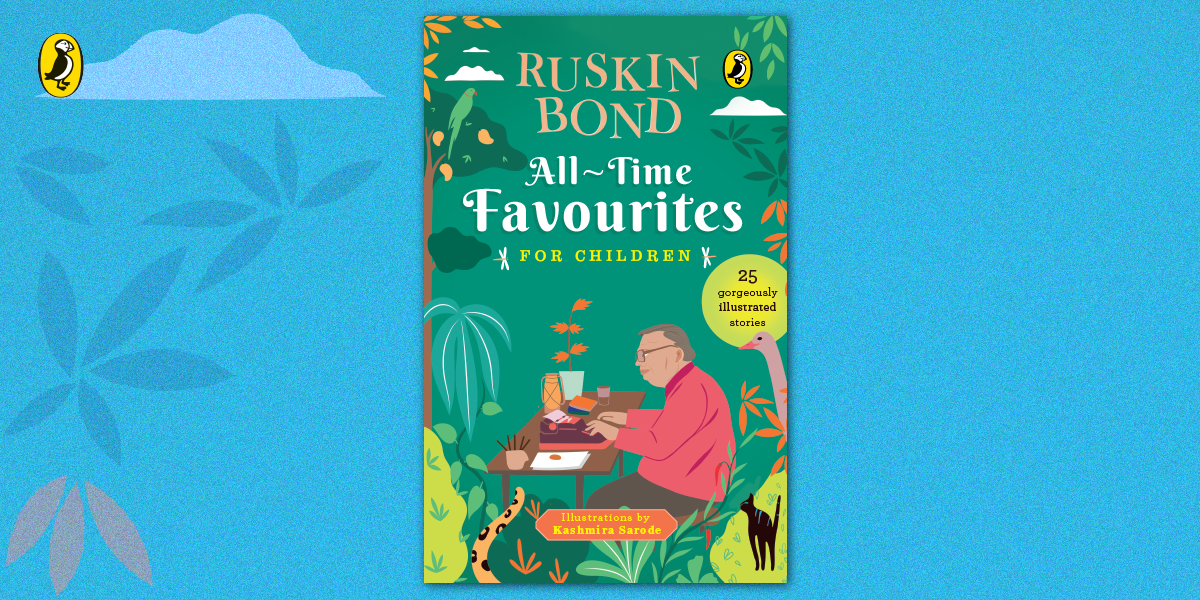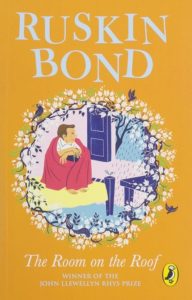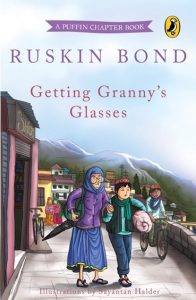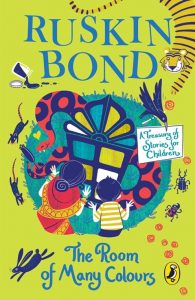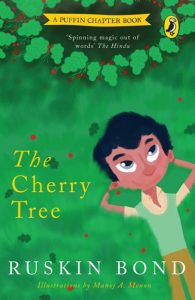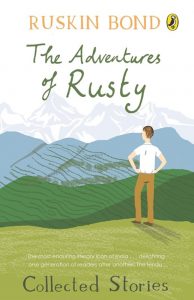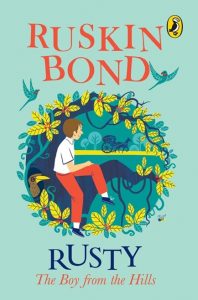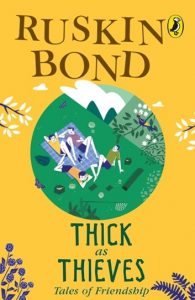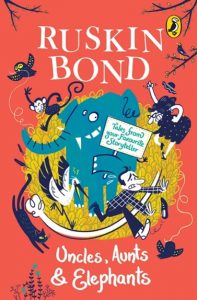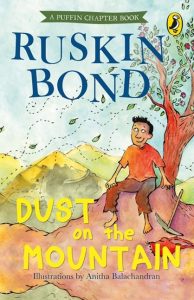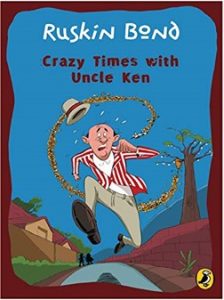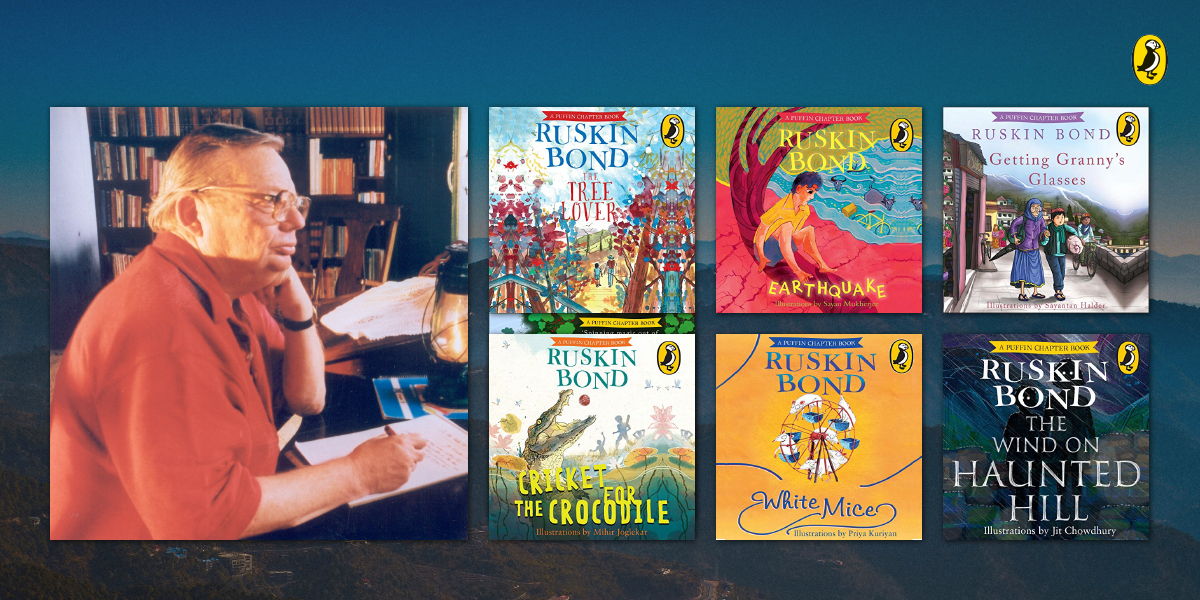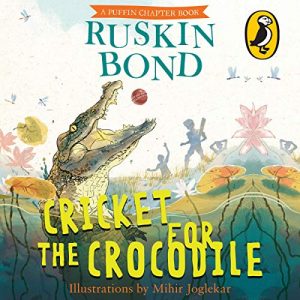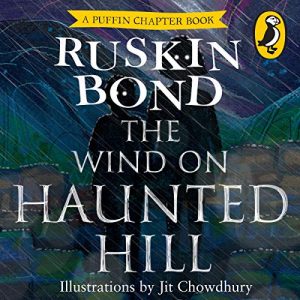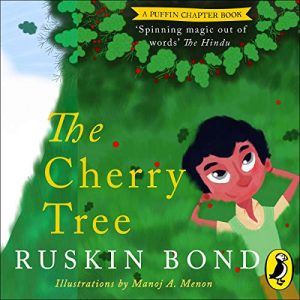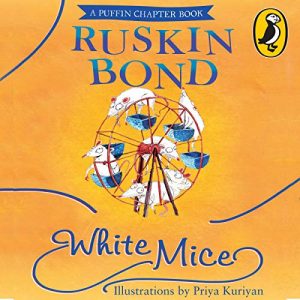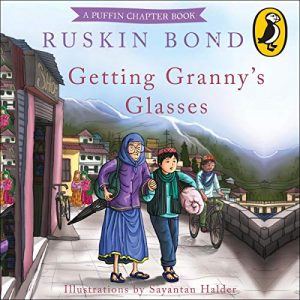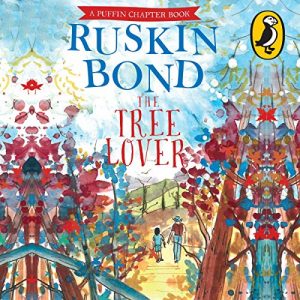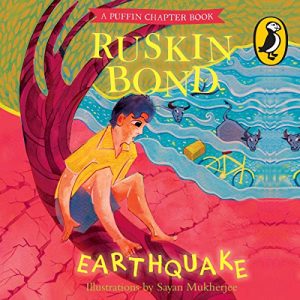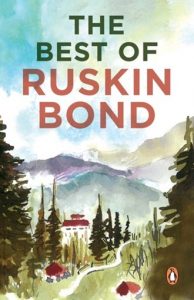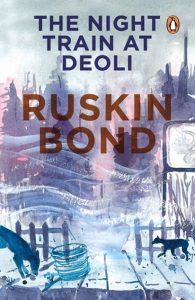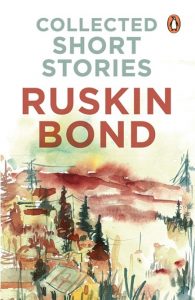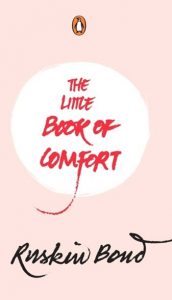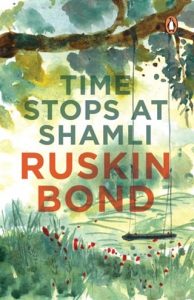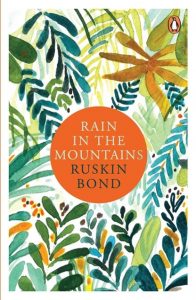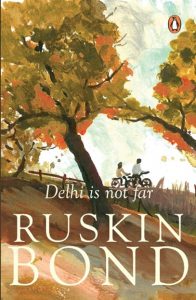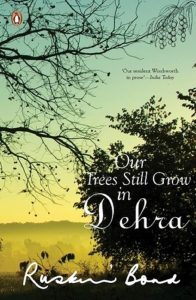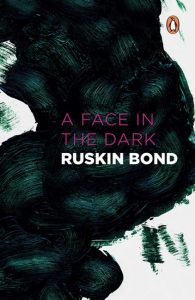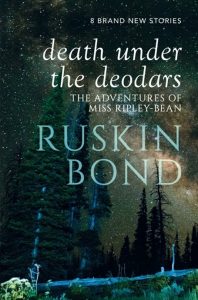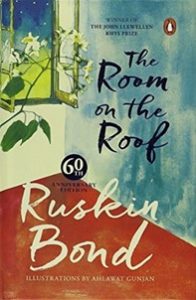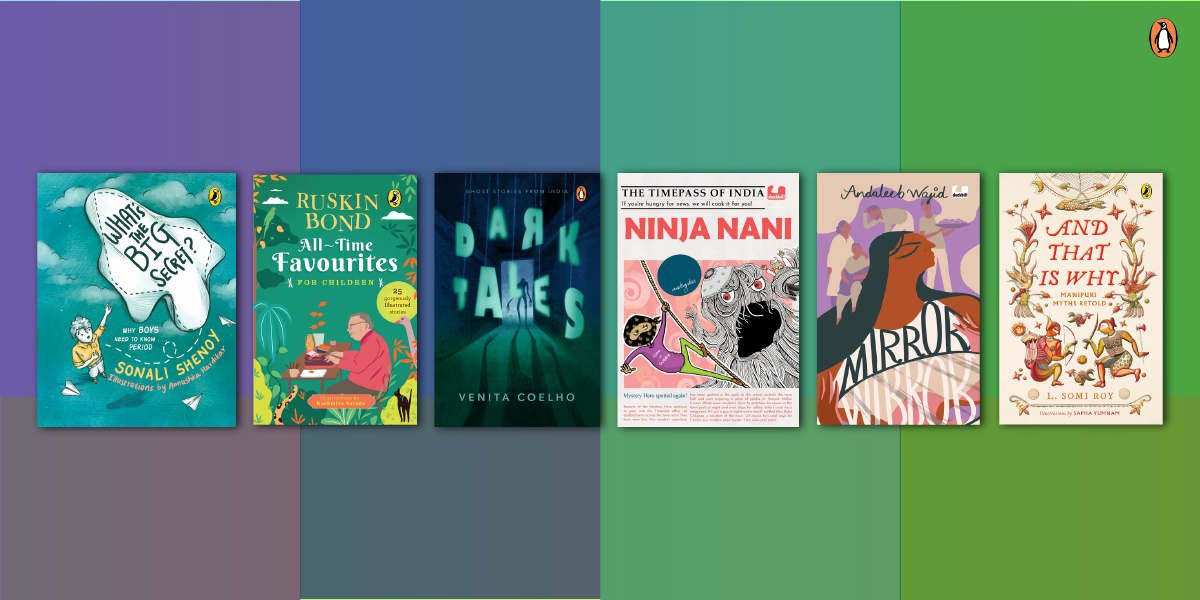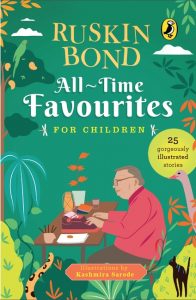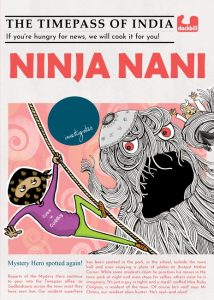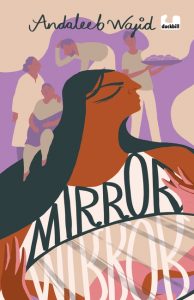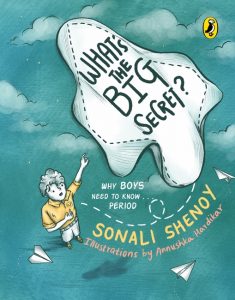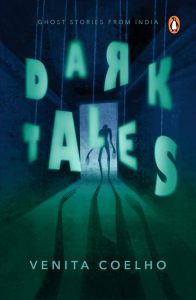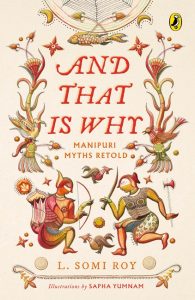As we celebrate the 90th birthday of our favorite author, Ruskin Bond, we reflect on the timeless charm and gentle wisdom his stories have brought into our lives. From the misty hills of Mussoorie to the vibrant characters that leap off his pages, his tales have touched readers’ hearts for generations. Join us in honoring this literary legend with a look at some of his most cherished works.
Happy Birthday, Mr. Bond!
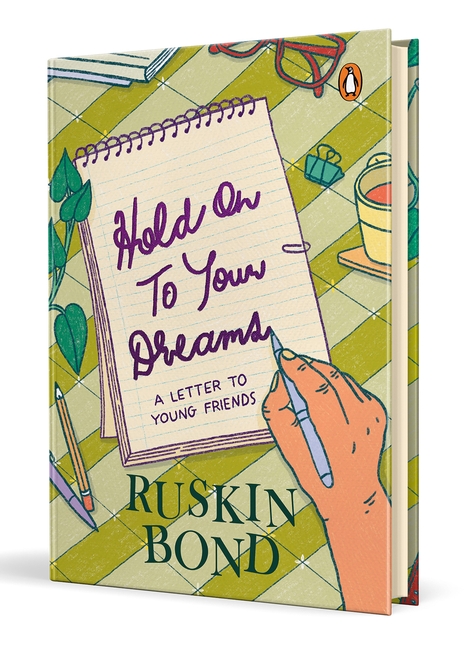
On the eve of his ninetieth birthday, literary legend Ruskin Bond brings to readers a heartfelt letter capturing his most cherished memories and experiences. Penning his thoughts with sincerity and grace, the writer reflects upon love, loss, friendship, frailties, solitude and companionship—the bittersweet experience of human existence.
Reminiscing tales of his boyhood and youth, the author urges us to learn from mistakes, embrace empathy and hold on to our dreams through life’s vicissitudes. Complemented with poignant art, this book is a timeless collection of learnings on the journey called life.
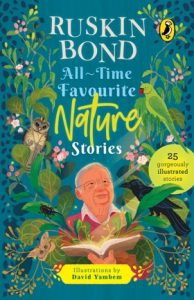
‘I am lucky to be up here on this mountain, where the wind still hums in the deodars, the horse chestnuts fall in the autumn and the flycatchers flit among the ancient oaks.’
ALL-TIME FAVOURITE NATURE STORIES is a collection of twenty-five soulful and timeless tales about nature, featuring endearing characters and stunning illustrations.
From ‘The Cherry Tree’ to ‘Grandfather’s Feathered Foes’, each story is replete with a different sensorial experience-rustling leaves, still forests, burbling streams, chirping birds, picturesque landscapes and so much more!
Curated by Ruskin Bond, this book celebrates the magnificence of nature and his deep, abiding love for it.
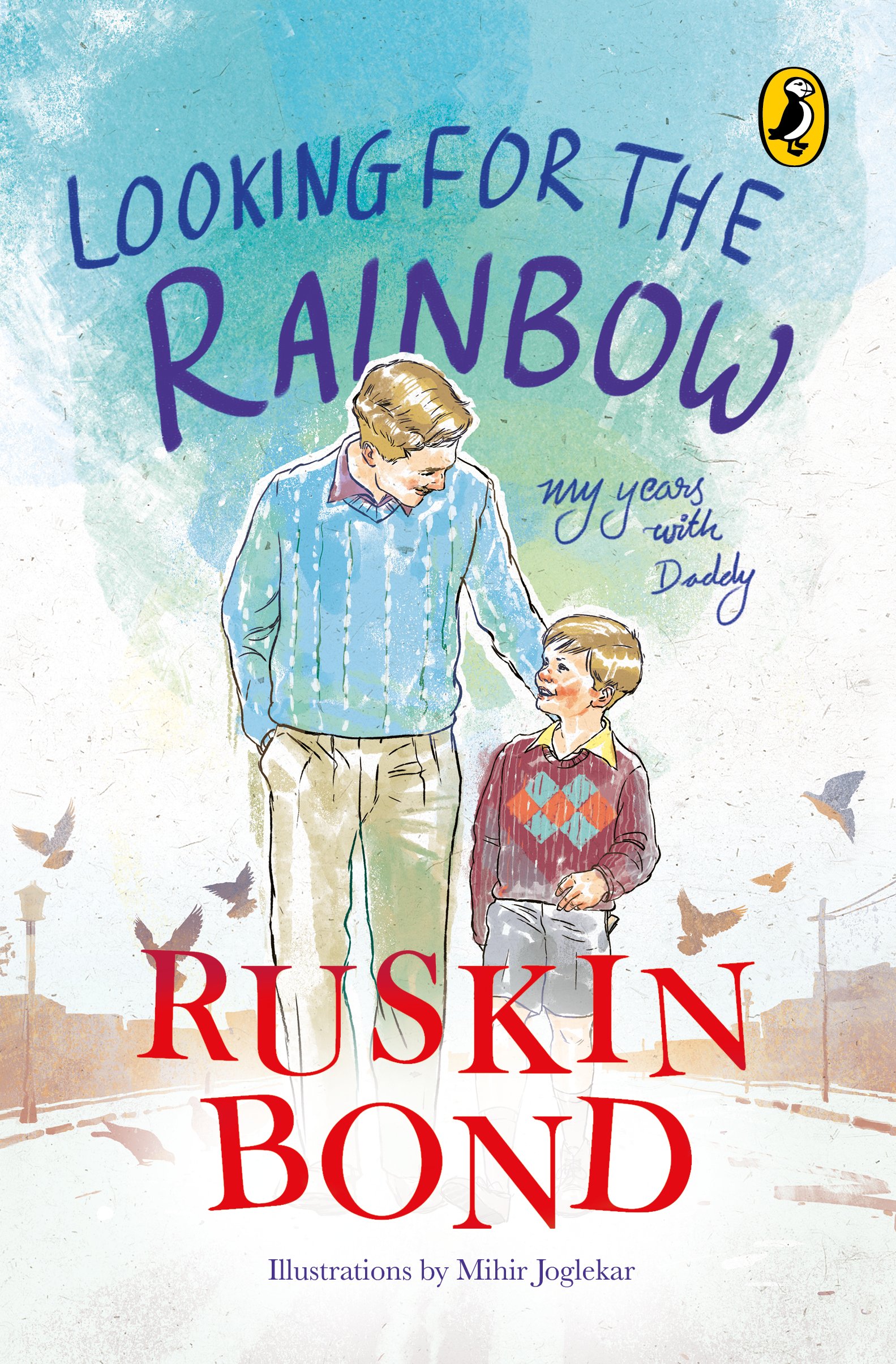
At age eight, Ruskin escapes his jail-like boarding school in the hills and goes to live with his father in Delhi. His time in the capital is filled with books, visits to the cinema, music and walks and conversations with his father-a dream life for a curious and wildly imaginative boy, which turns tragic all too soon.
For years, Ruskin Bond has regaled and mesmerized readers with his tales. In Looking for the Rainbow, Bond travels to his own past, recalling his favourite adventures (and misadventures) with extraordinary charm, splotches of wit, a pinch of poignance and not a trace of bitterness.
What you’re holding, dear reader, is a classic in the making.
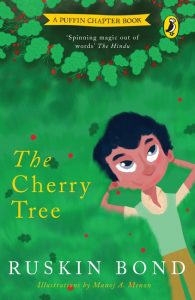
Rakesh plants a cherry seedling in his garden and watches it grow. As seasons go by, the small tree survives heavy monsoon showers, a hungry goat that eats most of the leaves and a grass cutter who splits it into two with one sweep. At last, on his ninth birthday, Rakesh is rewarded with a miraculous sight-the first pink blossoms of his precious cherry tree!
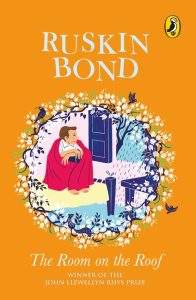
Rusty, a sixteen-year-old Anglo-Indian boy, is orphaned and has to live with his English guardian in the claustrophobic European part in Dehra Dun. Unhappy with the strict ways of his guardian, Rusty runs away from home to live with his Indian friends. Plunging for the first time into the dream-bright world of the bazaar, Hindu festivals and other aspects of Indian life, Rusty is enchanted … and is lost forever to the prim proprieties of the European community.
Written when the author was himself seventeen, this moving story of love and friendship, with a new introduction and illustrations will be enjoyed by a whole new generation of readers.
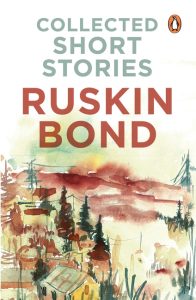
Ruskin Bond wrote his first short story, ‘Untouchable’, at the age of sixteen, and has written memorable fiction ever since. He is famous not only for his love of the hills, but for imbuing the countryside with life and vibrancy through moving descriptions. The simple people who inhabit his stories evoke sympathy and laughter in equal measure. This wonderful collection of seventy stories, including classics like ‘A Face in Dark’, ‘The Kitemaker’, ‘The Tunnel’, ‘The Room of Many Colours’, ‘Dust on the Mountain’ and ‘Times Stops at Shamli’, is a must-have for any bookshelf.
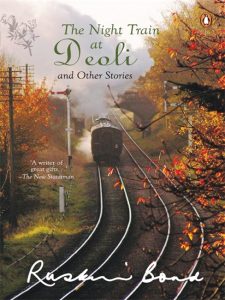
The Night Train at Deoli and Other Stories is adorned with 30 most beautiful stories from Ruskin Bond. It effortlessly makes in to the must-have, must-read list of every reader. Simple, heart-warming and thought-provoking stories will take you to heavenly grounds of Dehradun and Mussoorie, where the author himself has spent his childhood and teenage years. The stories in the book speak of simple folk, who live in the technology untouched valleys and hills, the lush greenery and little crowded markets.
The book is sure to feel you connected with the Ruskin Bond’s idea of beauty, his anguish, joy and pain. His ‘Night Train at Deoli’ offers you a perfect escape from the hustle and bustle of daily life and fills you with serenity as you learn about the beauty in simplest pleasures. A book filled with small doses of heart melting stories-a book that’s loved, admired, recommended and treasured by many.
The weekends of Ruskin Bond fans just became even more exciting:
Are you a fan of Ruskin Bond? Have you been trying to compile his best works and read them along? If yes, then The Best of Ruskin Bond is the perfect solution for you. These exemplary stories from the legendary author are here for the taking, all compiled in a single book and provided with some of the best excerpts ever written. This consolidated volume brings together selected prose and poetries that have been written by the award winning author, Ruskin Bond. During his entire career, he has captivated readers across the world with his writing talent.
Experience the best of four decades of Ruskin Bond’s career in one book:
Over four decades of writing, this book consists of some of his best work to date. Backed by an endearing collection of essays, beautiful excerpts from different stories, serene poems and short stories, this book finds a way to create a unique literary landscape. And what could be a better to spend your leisure time by?
This anthology is here to stay:
Grab hold of this consolidated anthology which has selections from all of Ruskin’s major books and includes his classic novel Delhi Is Not Far. With many more beautiful stories to read from, this book is a one stop solution for all Ruskin Bond fans. Readers in general will get drawn towards his simple writing style which is articulate in nature and focuses on the significant details.
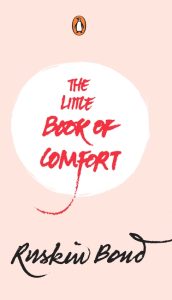
So, do you wish to go out into the night, walke up the hill, discover new things about the night and yourself, and come home refreshed? For just as the night has the moon and the stars, so the darkness of the soul can be lit up by small fireflies – such as these calm and comforting thoughts that Ruskin Bond has jotted down for you in The Little Book of Comfort. This book will give you an opportunity to discover yourself in this post-pandemic world to become more thoughtful and to discover the art of slowing down.
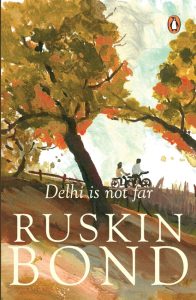
The residents of Pipalnagar, a dull and dusty small town, hope to one day leave behind their humdrum lives for the thrills of Delhi. Deep Chand, the barber, dreams of giving the prime minister a haircut; Pitamber wishes to ride an autorickshaw instead of pulling a cycle-rickshaw; and Aziz will be happy with a junk-shop in Chandni Chowk. Sharing their dreams of escape is the narrator Arun, a struggling detective fiction writer. As he waits for inspiration to write a blockbuster, he seeks and discovers love in unusual places-with the young prostitute Kamla, wise beyond her years, and the orphan and epileptic Suraj, surprisingly optimistic despite his difficult circumstances.
In Delhi Is Not Far, one of his most enduring novels, Ruskin Bond sketches a moving portrait of small-town India with characteristic sympathy and quiet wisdom.







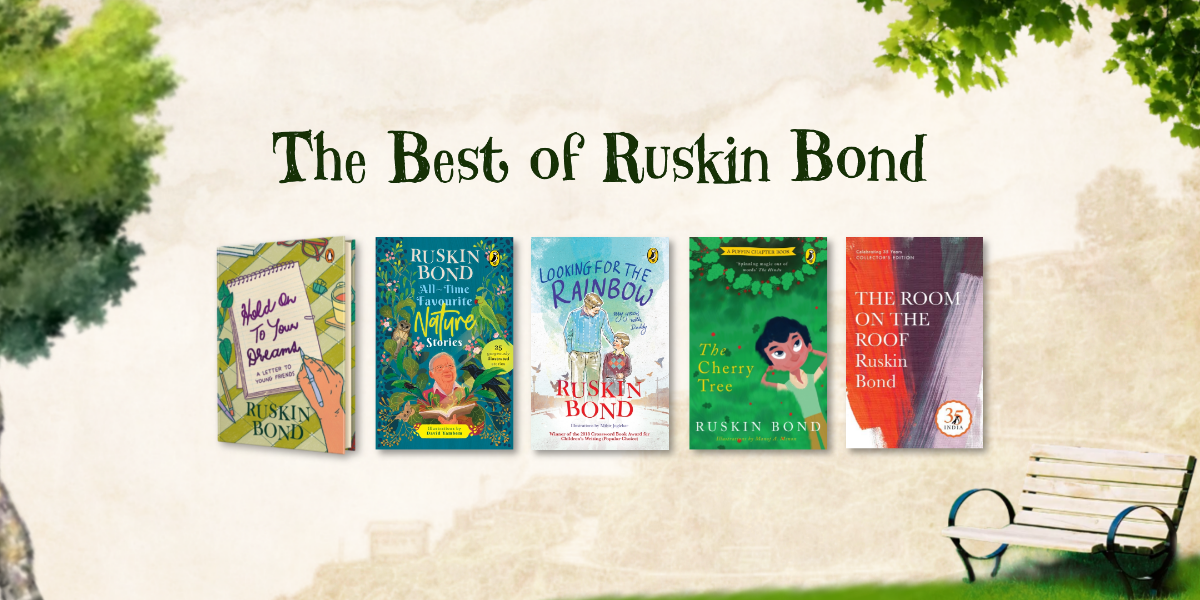
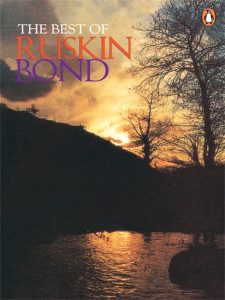
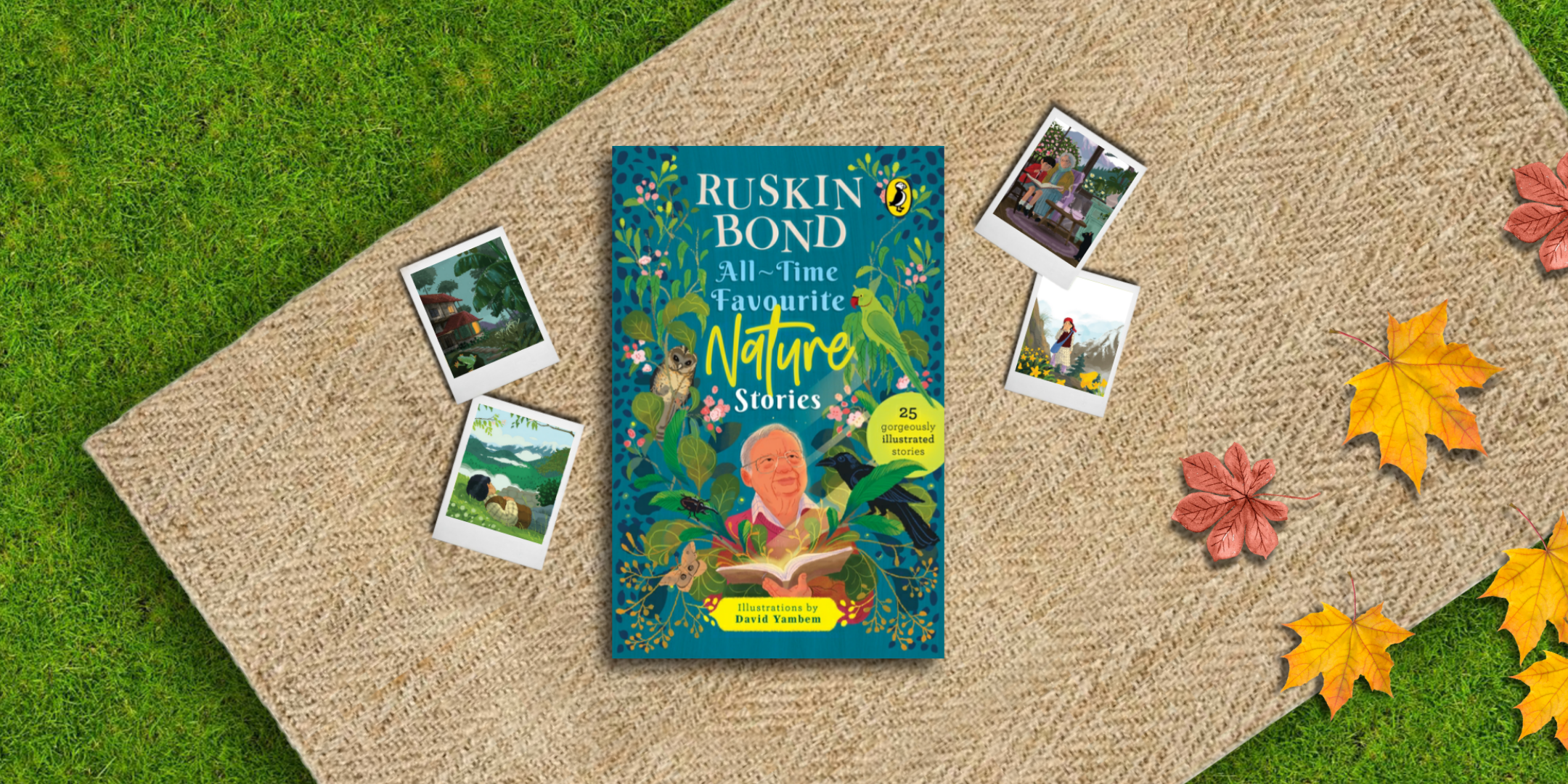
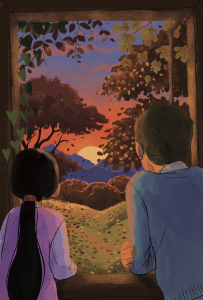
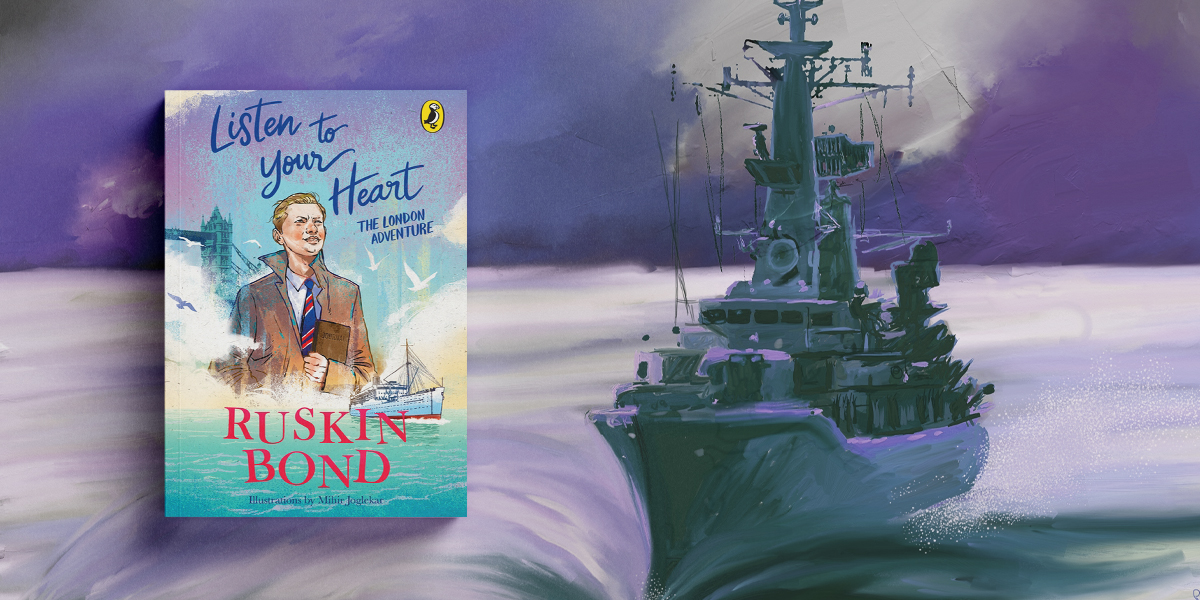
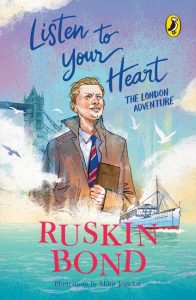
 But along with the third or fourth flop of the returned manuscript came a letter from the editor at André Deutsch Ltd, a new publisher who was making a name and a reputation with some offbeat publications. The editor who wrote to me was called Diana Athill, and she wrote a very sympathetic letter, saying how much she liked the book and promising to reconsider it if I would consider turning it into a work of fiction, a full-fledged novel.
But along with the third or fourth flop of the returned manuscript came a letter from the editor at André Deutsch Ltd, a new publisher who was making a name and a reputation with some offbeat publications. The editor who wrote to me was called Diana Athill, and she wrote a very sympathetic letter, saying how much she liked the book and promising to reconsider it if I would consider turning it into a work of fiction, a full-fledged novel.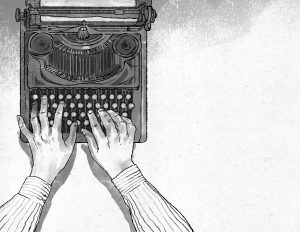 were allies; they were a part of me, and they would be a part of my work. But it was to be a few months before I could launch out on my own, and during that time, I worked on the novel, pleased my employers and got on with my relatives as best as I could. My aunt never bothered me; in fact, she rather liked having me around. The youngest of my cousins was a friendly little chap; the other two rather resented me. Whenever I had the opportunity, I went to the cinema, and one of the films released at the time was Jean Renoir’s The River, based on the novel by Rumer Godden. This beautiful film made me so homesick that I went to see it several times, wallowing in the atmosphere of an India, a lot like the India l had known. The ‘river’, and its eternal flow became a part of my story too, especially the part where Kishen and Rusty cross the Ganga on the way back to their homes. And back in India, a young filmmaker called Satyajit Ray saw The River and realised that a film could also be a poem, and went about making his own cinematic poetry.
were allies; they were a part of me, and they would be a part of my work. But it was to be a few months before I could launch out on my own, and during that time, I worked on the novel, pleased my employers and got on with my relatives as best as I could. My aunt never bothered me; in fact, she rather liked having me around. The youngest of my cousins was a friendly little chap; the other two rather resented me. Whenever I had the opportunity, I went to the cinema, and one of the films released at the time was Jean Renoir’s The River, based on the novel by Rumer Godden. This beautiful film made me so homesick that I went to see it several times, wallowing in the atmosphere of an India, a lot like the India l had known. The ‘river’, and its eternal flow became a part of my story too, especially the part where Kishen and Rusty cross the Ganga on the way back to their homes. And back in India, a young filmmaker called Satyajit Ray saw The River and realised that a film could also be a poem, and went about making his own cinematic poetry.